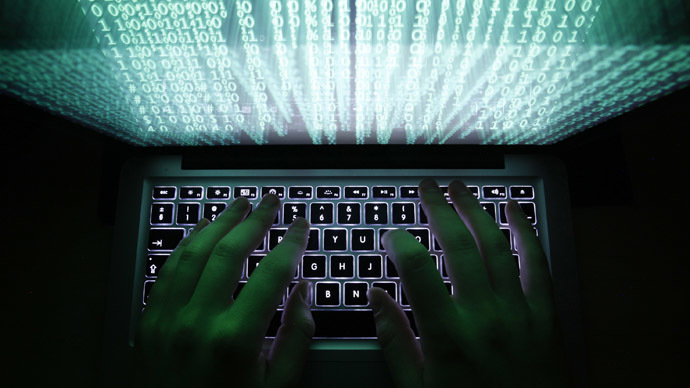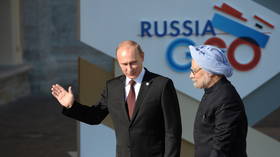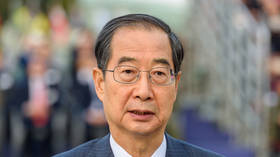Snowden leak tips balance in US-China cyber-war

The release of data about US hack attacks on China has deprived the West of the moral high ground in the cyber-war, Hong Kong City University Professor Joseph Cheng told RT. This could give China diplomatic ammo in future negotiations with the US.
RT:Nations have been spying on each other for as long
as we can remember. Do you think there is any surprise here on
China’s part?
Joseph Cheng: I don’t think it is a surprise for the Chinese
authorities. Basically, China and all major powers in the world
understand that internet capabilities and capabilities in outer
space will be crucial in future warfare. It is very likely that
the major powers would like to test their own capabilities, as
well as those of their opponents and competitors. So China is
probably a bit relieved at this stage that the Western
governments and the Western public opinion no longer enjoy the
moral high ground to criticize China.
RT:There's the opinion that goodwill between the US and
many nations worldwide may have been degraded. But there is the
argument to be made that China needs the US as much as it is
vice-versa. What do you think?
JC: I agree with that. The recent summit between
[President] Xi Jinping and President Barack Obama was a very
important symbol, demonstrating that both leaders want to reduce
mutual distrust and that they certainly would not like to see a
deterioration in bilateral relations. In the handling of this
incident it was obvious that the Chinese authorities did not want
to further publicly embarrass the Obama administration. The
Chinese authorities chose to allow Mr. Snowden to leave. And of
course domestically the commentaries were very critical, but they
were not the official position of the Chinese government. The
Chinese government also did not make any attempt to exploit the
presence of Mr. Snowden to extract information from him. So I
think that the Chinese authorities would like to demonstrate that
they value good relations with the US.
RT:Do you think China will play this to its advantage in
the future armed with sympathy and confirmation that it is being
spied upon by the US? How do you think China will use this going
into the future?
JC: China will probably let it die down. But when Western
governments pick up the issue again, China will feel it has a
strong case for criticizing the double standards of Western
governments. Ideally, it can be hoped that various governments
throughout world will come together eventually to establish a set
of norms governing surveillance of the internet. But this is of
course a very idealistic view.
The statements, views and opinions expressed in this column are solely those of the author and do not necessarily represent those of RT.












